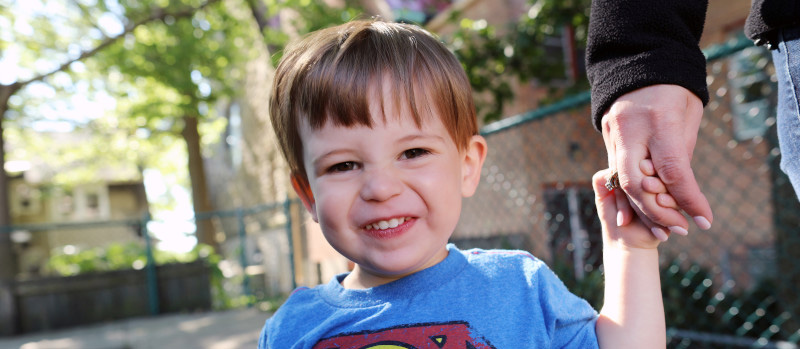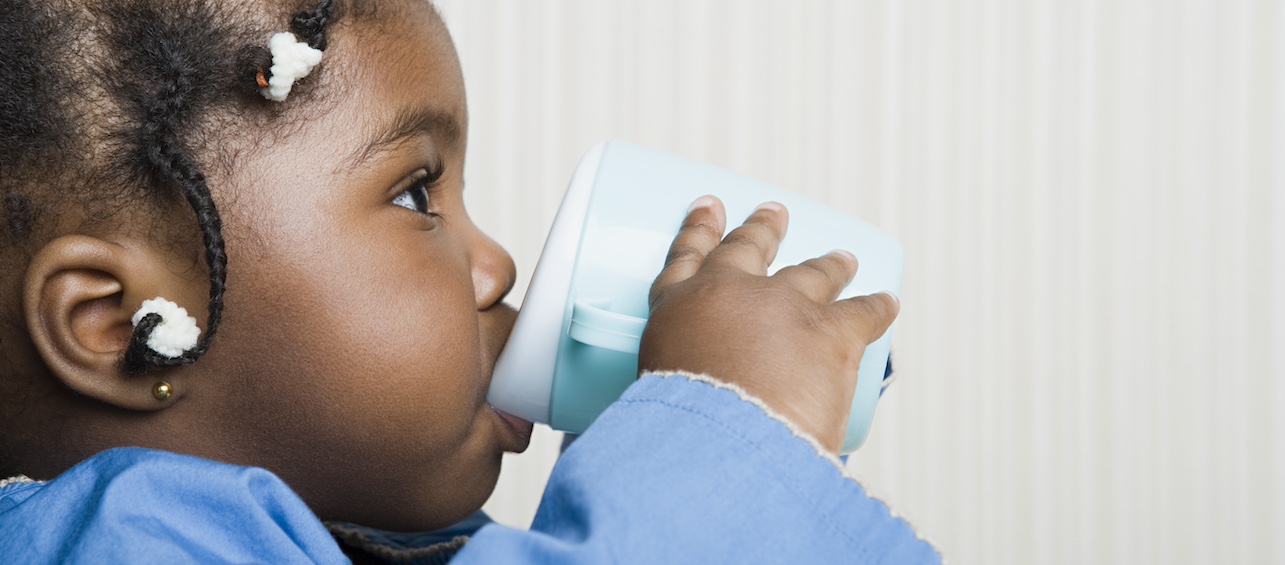Parents frequently ask me how important baby teeth are. After all, they just fall out and are replaced with another set. I often respond with a one-word answer: vital. Baby teeth are essential to not just dental health, but a child’s overall health. Here are six reasons why they’re so important:
Why It’s Important to Take Care of Baby Teeth
1. They’re a picture of a child’s overall health
It is uncommon to find a child who is totally healthy – both physically and emotionally – and has rotten teeth. Our mouths are a reflection of our overall health. We find that when kids aren’t taking care of their teeth, they’re also not taking care of other parts of their bodies.
2. Teeth are a doorway into the body
The mouth is an area that collects bacteria. Some bacteria is unhealthy and can contribute to overall sickness of a child. Further, bad bacteria can invade the blood stream from the mouth. Through research, we’re finding that that there is some oral bacteria that contribute to blood stream infections. This is an important consideration for our most vulnerable patients, such as those going through bone marrow transplants.
3. They’re in kids mouths for a long time
Baby teeth typically start coming in around 12 months of age (sometimes as early as four months) and remain until around age 11 or 12. However, some 15 year olds still have some baby teeth, and some nine year olds have all adult teeth. Either way, kids have baby teeth in their mouths anywhere from 9-15 years, which is a long time. This is one of the main reasons why we need to take care of them. We recommend that children start seeing a dentist by 12 months of age, or within six months of the first tooth coming in.
4. Baby teeth can impact other things
Baby teeth can affect speech, eating and self-esteem. The removal of teeth due to cavities can, in the short term, affect how children talk. Having cavities can also affect how children eat. When they’re in pain, they might not want to eat at all. Further, our teeth affect how we look, and missing a lot of them can change how children feel about themselves.
5. They can get cavities more easily than adult teeth
It is easier to get a cavity in baby teeth than adult teeth. This is because the enamel, or the hard, white covering, is thinner in baby teeth. We’ve found that babies who get cavities are more likely to grow into adults who get cavities. That’s why it’s important to limit sippy cup use. In a study we conducted, we found that 20% of kids 0-36 months of age had soda in their sippy cups. Some soda is acidic as battery acid – which eats away at tooth enamel. Anything other than water in a sippy cup is problematic. This includes milk and juice, too.
6. Chronic pain is awful
Kids aren’t always able to tell us when they’re in pain or understand that the pain is problematic. It can affect their behavior and performance in school, as well as increase the need for pain medications, which can lead to liver and/or kidney damage.
The best thing we can do for our kids’ teeth is to be a good role model. If we take care of our teeth, they will take care of theirs. Establishing a simple routine is key: brush, book, bed. Adults can do this, too. In fact, I still follow a similar schedule to this day!
To learn more about pediatric dentistry at Cincinnati Children’s, please visit our website or call 513-636-4641.





